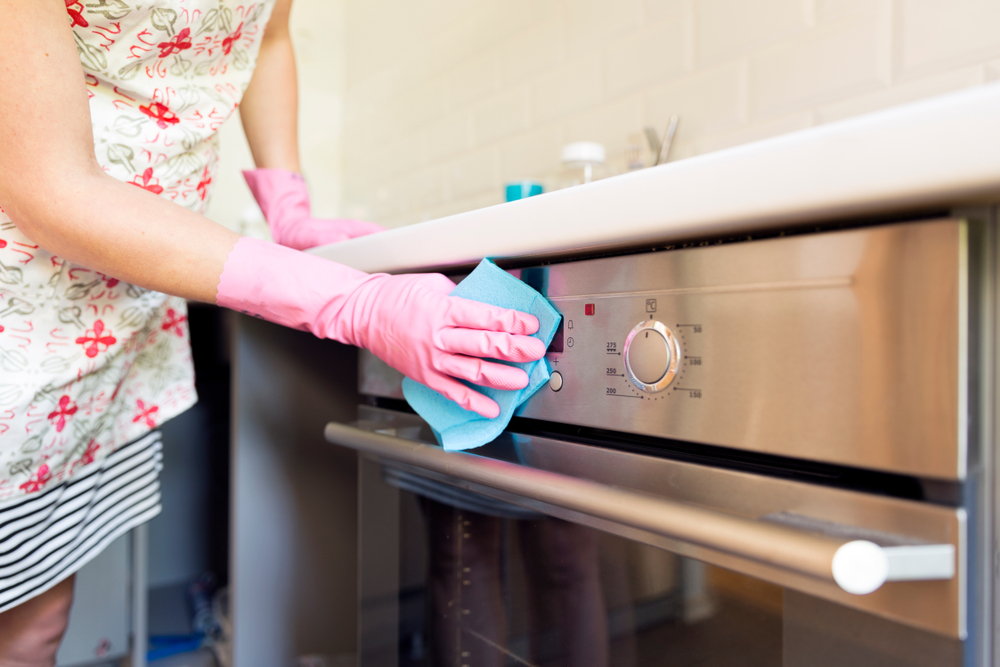New homeowners tend to go into a panic when faced with a home emergency for the first time. At times, it’s challenging to tell what problem requires a plumber, electrician, or other service people to rectify and which ones you can fix quickly and easily by yourself.
If you are looking to move to a new home or have just settled into a new house, knowing some common home emergencies to expect can provide some direction for when the inevitable happens.
Here are four common emergency home problems. Keep in mind that you can always search for a cash advance online if your home emergency requires you to hire a professional.
1. Grease Fire In The Kitchen
Most people’s first reaction is always to pour water on a fire. Unfortunately, this strategy does not work on grease fires and can be quite dangerous. Pouring water on a grease fire only splashes the grease around, making the situation worse.
Instead, find a large lid to cover the wok. This should stifle the flames. You can also pour baking soda on the fire.
2. Burst and Broken Pipes
A burst or broken pipe can cause significant damage to your property and home. It’s therefore imperative to stop the water flow as you figure out the next step. Each house has a main water valve that’s often located in the basement. This controls the flow of water.
If you notice a leak anywhere in your home, shut the water off completely at the valve. This should stop the leak and prevent further water damage as you wait for the plumber.
3. Gas Leak
A natural gas leak smells like rotten eggs. A gas leak inside your home must be taken seriously as it can make you feel nauseous and sick or even cause an explosion. If you ever smell gas in your home:
- Vacate the house and everyone in it and call 911 and your utility company
- Don’t touch any electrical appliances
- Do not attempt to find the leak
- Do not smoke nor have open flames near the house
4. Flooded Basement
Regardless of what causes your basement to flood with water, do not attempt to go down there. For your safety and health, the best thing to do is call the utility company to turn off gas and electricity first.
If you have your house insured, you can call your insurer to instruct you on what to do next. Some might need to send an assessor right away before you touch anything. If the home is not insured, call a professional to drain the water and clean up the basement. They should give you a heads-up on when it’s safe to have your utilities running again.
What to do?
The most important thing to do in a home emergency is to ensure your safety and that of everyone that lives in your household. These tips will help you understand the common problems and what to do when they occur.

Leave a Reply